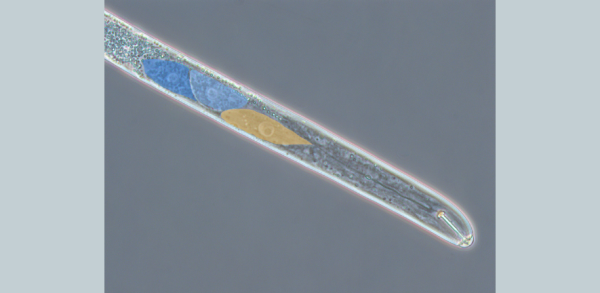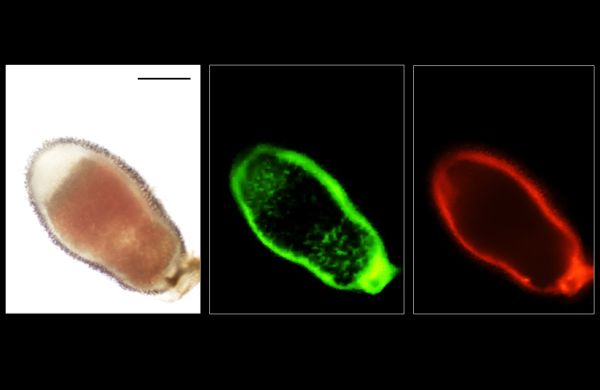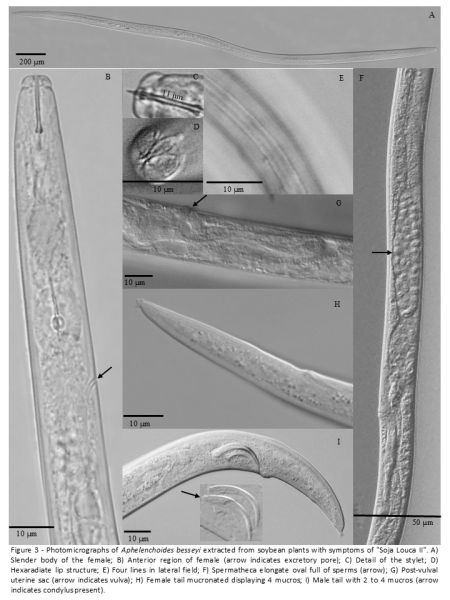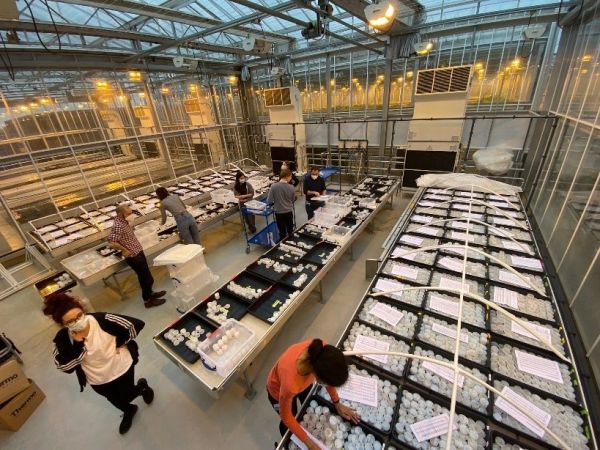
In research published this week in PLoS Pathogens, scientists in the plant-parasite interactions group used targeted transcriptomics to predict and validate the most comprehensive set of effectors for Radopholus similis, which is considered to be among the top 10 most damaging plant-parasitic nematodes in the world. In addition to enhancing understanding of the mechanisms of parasitism employed by migratory nematodes, these findings will allow the development of effector gene targeted strategies to control this economically important, and yet often neglected, nematode parasite.
Contrary to long-held assumptions that migratory nematodes are less specialized plant-parasitic nematodes, the team showed that the repertoire of effectors of this migratory nematode is complex and novel. Among the 30 new effector genes identified, 19 were “pioneers”. The identification of a promoter motif for a significant sub-set of these effectors suggests a concerted regulation of these genes by the nematode, and therefore an additional attractive target for their control: a so-called virulence master regulator.












